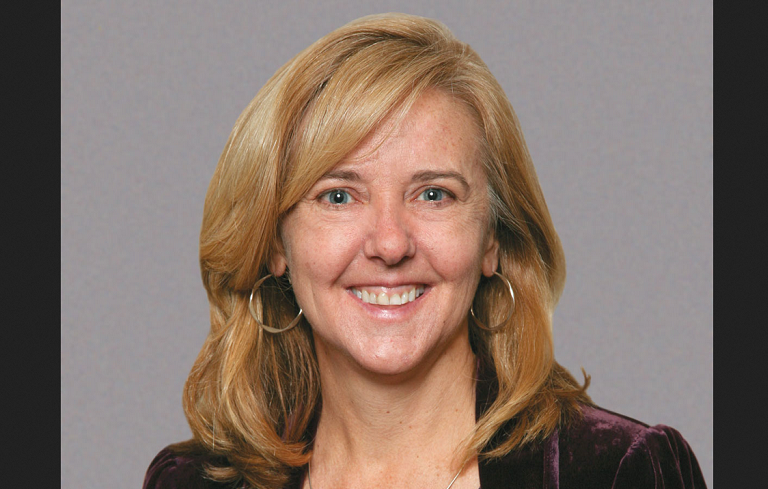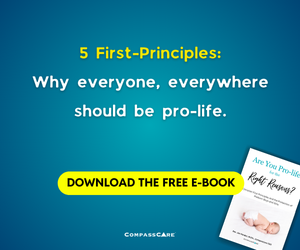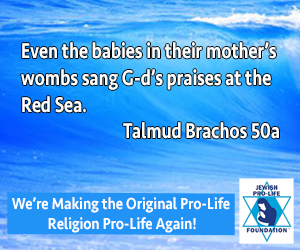For more than 70 years, obstetricians and gynecologists have relied upon the American College of Obstetricians & Gynecologists (ACOG) for evidence-based guidance in their practice of medicine. Although ACOG describes itself as “the premier professional membership organization for obstetrician-gynecologists,” it has increasingly deviated in an ideological direction. Many of its members have been forced to a realization that ACOG can no longer be trusted to provide accurate scientific conclusions regarding politicized issues like abortion.
ACOG maintains that “[a]bortion is an essential component of comprehensive, evidence-based health care,” and states that it is “committed to protecting and increasing access to abortion.”
Recently, ACOG’s interim CEO opined in the Washington Post that abortion “must be available without restrictions, without limitations and without barriers,” implying that any reason for abortion at any gestational age is acceptable.
ACOG’s ethics statement also compels its members to provide or refer for abortion, even if it violates their conscience, their religious beliefs, or their ethical understanding that killing or aiding in the killing of one’s patient — the baby — is a clear violation of the medical ethical principle of “non-maleficence.”
ACOG has gone to far more absurd ends in its attempt to obscure the science of embryonic cardiology. This is an effort to provide legal ammunition for lawsuits opposed to limitations on abortion once an unborn baby’s heartbeat can be detected.
Click here to sign up for pro-life news alerts from LifeNews.com
In 2022, ACOG published a Guide to Language and Abortion stating that, “Until the chambers of the heart have been developed and can be detected via ultrasound (roughly 17-20 weeks of gestation), it is not accurate to characterize the embryo’s or fetus’s cardiac development as a heartbeat.”
This blatantly false statement was parroted in many amicus briefs in court cases opposing “heartbeat laws.” As National Review recently reported, Planned Parenthood even relied upon ACOG’s incorrect statement in a South Carolina case, and was subsequently embarrassingly forced to backtrack. “After consulting with experts,” its follow-up brief states, “Petitioners understand that a heart forms earlier than that.”
In response, ACOG quietly revised its language guide, deleting the reference to 17-20 weeks gestation, although the organization continues to deny that a heartbeat exists “until the [four] chambers of the heart have been developed.”
In reality, science shows that an unborn baby’s heart begins to beat approximately 22-23 days after his life begins. The heart is the first organ to begin functioning. As he grows, passive diffusion of oxygen is insufficient to reach all his developing tissue, and active circulation of oxygen-carrying blood is required, facilitated by the pumping of the heart. A regular heartbeat can usually be measured through transvaginal ultrasound by 24 days, gradually rising from 110 beats per minute at six weeks gestation to 173 beats per minute at the end of nine weeks gestation.
These scientific facts are not merely trivia — detection of a heartbeat at these early gestational ages is correlated with a high likelihood of survival until birth.
One must ask why ACOG’s pro-abortion experts require the presence of four chambers to define “heart.” Merriam-Webster defines “heart” as “a hollow muscular organ of vertebrate animals that by its rhythmic contraction acts as a force pump maintaining the circulation of the blood.” This is precisely what an embryonic heart does even before it can be detected by ultrasound technology.
As a board-certified obstetrician practicing for more than 30 years, I can attest that this heartbeat can usually be detected around six weeks’ gestation. The doppler reflects the movement of blood within the contracting heart — that is, the embryonic “heartbeat.”
The key question is not, “When is the heart developmentally complete?” but rather, “When does it perform the function of a heart?” Although the embryonic heart is not yet fully developed, electrical impulses generated by the cardiac conduction system cause muscular contractions to propel oxygen-carrying blood cells throughout the unborn baby’s body beginning in the sixth week of gestation. The rhythm is not haphazard, but regular. If the heartbeat were to cease, the unborn baby would die.
The science is clear: An embryo’s heart is beating and functioning as it should at least from the time it can be detected. And for what it’s worth, the four chambers have formed by the tenth week of gestation, not 17-20 weeks in, as ACOG had erroneously stated.
Unfortunately, ACOG has failed once again in its duty to represent the interests of its members and their unborn patients with its tone-deaf pursuit of social engineering goals through its science-denying abortion advocacy.
LifeNews Note: Ingrid Skop, M.D., FACOG, is a board-certified obstetrician with 30 years’ practice and vice president and director of Medical Affairs for the Charlotte Lozier Institute. This column originally appeared at The Hill.








